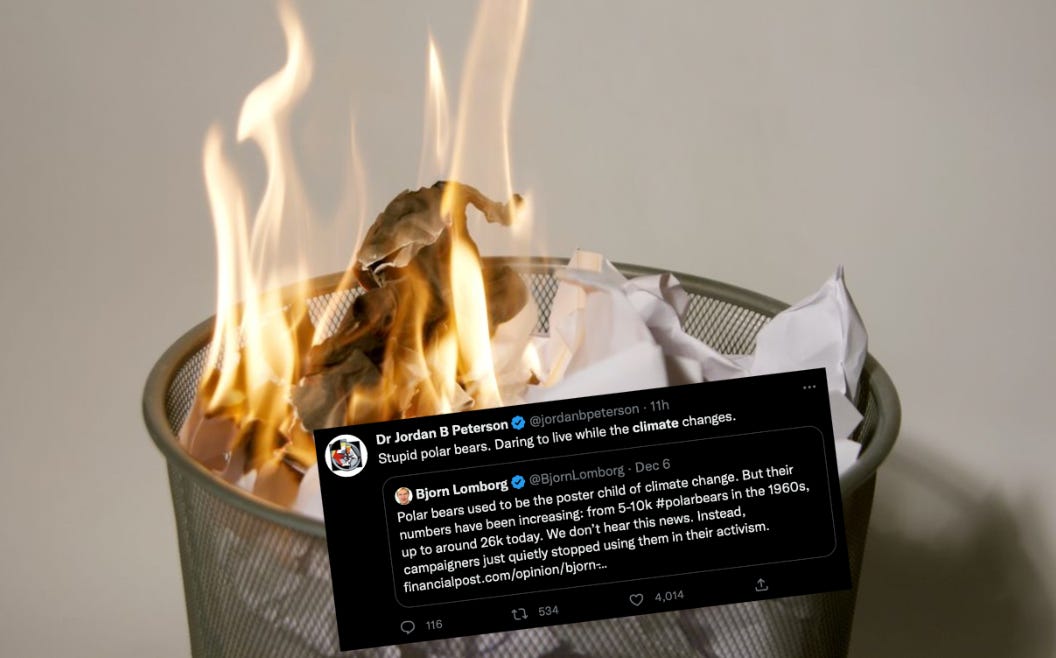A beginner's guide to hot garbage
Our new term for climate disinformation, featuring Jennie King of the Institute for Strategic Dialogue.

Since 2019, this newsletter has been laser-focused on climate disinformation — that is, the different ways people lie about climate change in order to to delay science-based solutions.
We get into the weeds about it sometimes. We discuss terms l…


